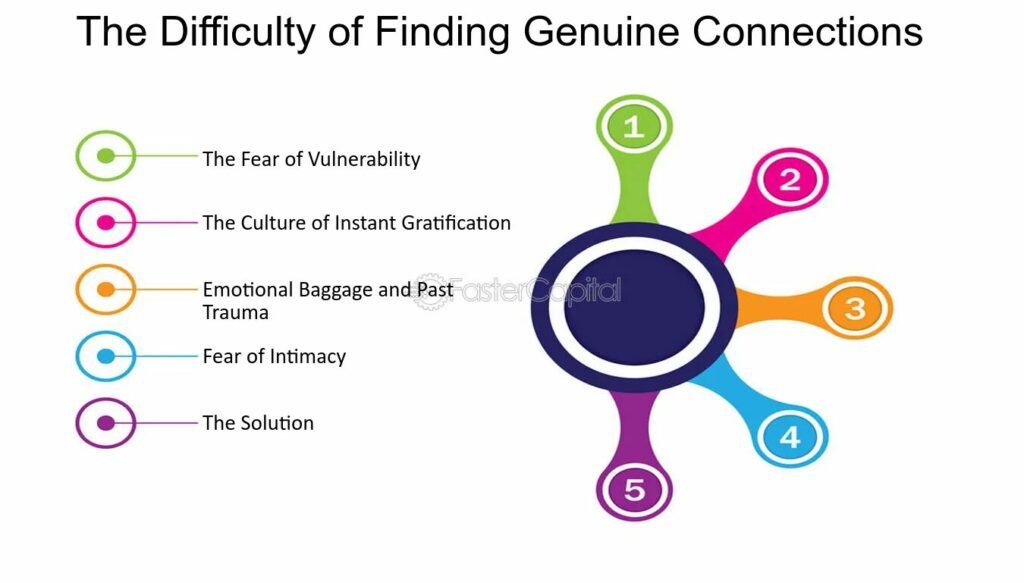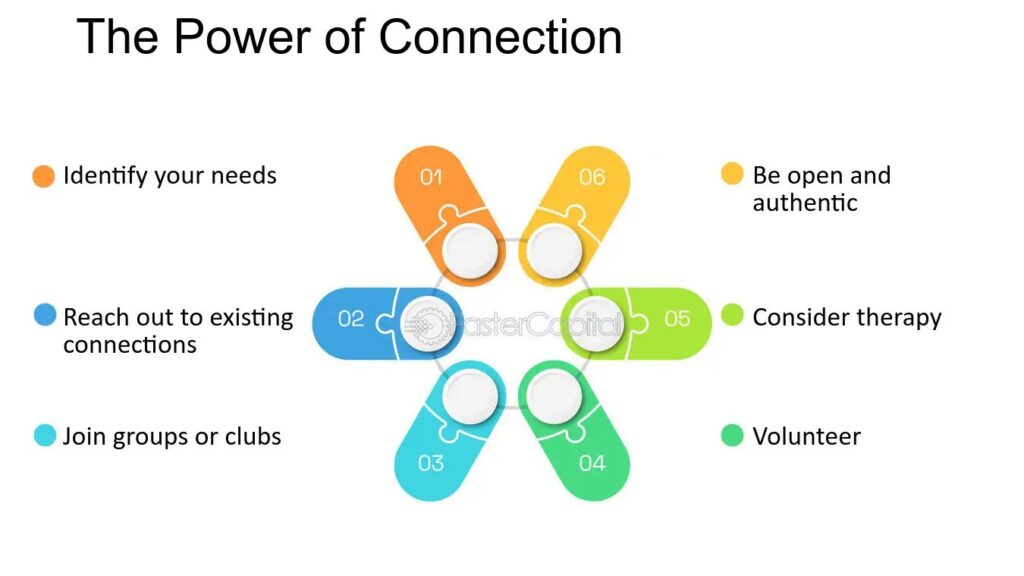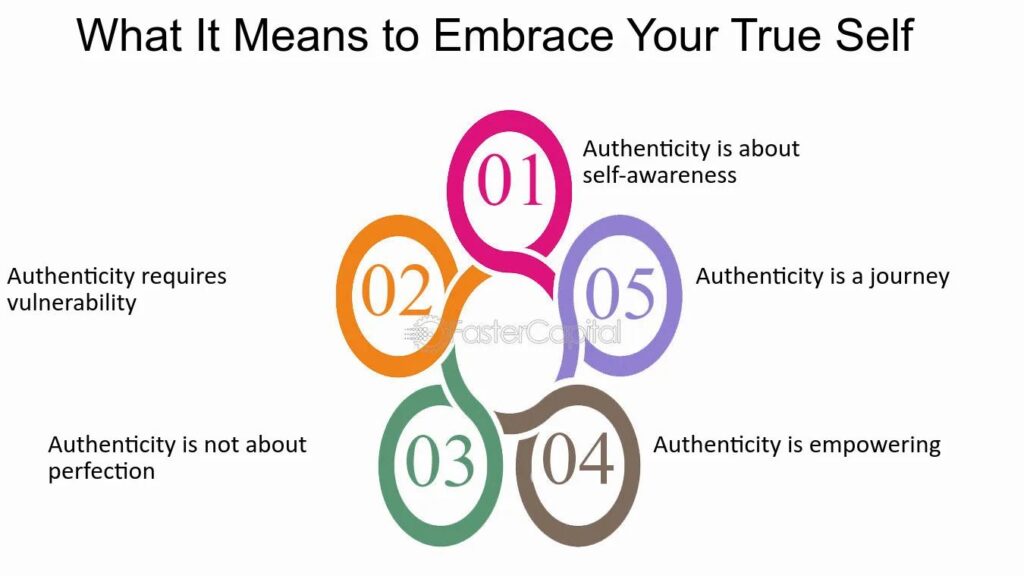Superficiais – a term that encapsulates the allure and pitfalls of our image-driven society. But what lies beneath this superficial surface? Superficiais delves into surface-level connections and their impact on our lives in three lines.
Superficiais explores the impact of surface-level interactions on genuine connections. It delves into overcoming superficiality to cultivate authentic relationships that nourish the soul.
Let’s explore how to move beyond the shallow waters and cultivate meaningful connections that nourish the soul.
What exactly is superficiality, and how does it hold us back from forming genuine connections?
Superficiality is pervasive in our image-driven society, where outward appearances often precede deeper qualities.
It’s the tendency to prioritize surface-level attributes like looks, status, or possessions rather than delving into the substance of who we are as individuals. This fixation on superficial traits can significantly hinder our ability to form genuine connections with others.
When we engage in superficial interactions, we’re often more concerned with how we appear to others rather than fostering genuine understanding and connection. This focus on the external can create barriers to authentic communication, as we may shy away from sharing our true selves for fear of judgment or rejection.

Moreover, superficiality perpetuates a culture of comparison and competition, where we constantly measure ourselves against unrealistic standards set by society or portrayed on social media. This constant comparison can erode our self-esteem and confidence, making it difficult to connect with others authentically.
In essence, superficiality operates on the surface, preventing us from diving deep into meaningful conversations and relationships. It holds us back by emphasizing superficial traits over genuine human connection, leading to shallow interactions that lack depth and authenticity.
Is there a way to move beyond the superficial and cultivate meaningful connections?
Moving beyond superficiality is possible and essential for fostering genuine connections that enrich our lives. By recognizing the limitations of surface-level interactions and embracing authenticity, vulnerability, and empathy, we can pave the way for deeper, more meaningful relationships.
One approach to transcending superficiality is cultivating self-awareness and mindfulness in our interactions. By being conscious of our tendencies towards superficiality and actively working to overcome them, we can create space for genuine connections to flourish. This might involve reflecting on our values, priorities, and motivations and how they influence how we engage with others.
Additionally, fostering empathy and compassion can help us see beyond the surface and connect with others on a deeper level.
We can forge bonds based on mutual respect and kindness by putting ourselves in someone else’s shoes and seeking to understand their perspectives, experiences, and emotions.
Furthermore, cultivating vulnerability is critical to moving beyond superficiality and fostering authentic connections. Being willing to share our true selves, including our fears, insecurities, and imperfections, allows others to see us for who we are and fosters trust and intimacy in our relationships.
Read: Beau Gadsdon – Let’s Find Out In 2024!
How can we navigate beyond this shallow world and cultivate connections that nourish our souls?
Navigating beyond the shallow waters of superficiality requires consciously prioritizing authenticity, vulnerability, and empathy in our interactions. To cultivate connections that truly nourish our souls, we must first recognize the limitations of surface-level interactions and actively work to transcend them.

One strategy for navigating beyond superficiality is cultivating self-awareness and mindfulness in our relationships.
By becoming more attuned to our thoughts, feelings, and behaviours, we can understand how our actions may contribute to or perpetuate superficiality. This self-awareness empowers us to make intentional choices, prioritizing depth and authenticity in our connections with others.
Additionally, fostering empathy and compassion is essential for moving beyond superficiality and fostering meaningful connections.
By seeking to understand the experiences, perspectives, and emotions of others, we can develop deeper bonds based on mutual respect and understanding. This requires actively listening to others, acknowledging their feelings, and validating their experiences.
Furthermore, cultivating vulnerability is critical to navigating beyond superficiality and fostering genuine connections.
Being willing to share our true selves, including our fears, insecurities, and imperfections, allows others to see us for who we are and fosters trust and intimacy in our relationships.
Read: MyFavouritePlaces.org:// Blog – A Quick Overview In 2024!
Here are some ways to avoid getting caught up in the shallows of superficiality:
Navigating away from the allure of superficiality requires adopting strategies that prioritize depth and authenticity in our interactions. Here are some practical ways to avoid getting caught up in the shallows:
1. Spark Genuine Connections:
Instead of engaging in surface-level small talk, initiate conversations that delve deeper into meaningful topics. Share personal experiences and vulnerabilities to create an atmosphere of authenticity and connection.
2. Focus on Experiences Over Possessions:
Shift your focus from material possessions to shared experiences. Prioritize activities and adventures that foster genuine connections and create lasting memories.
3. Embrace Your Authentic Self:

Celebrate your unique qualities and interests, and don’t fear showing your true self to others. Surround yourself with people who appreciate you for who you are rather than what you have.
4. Practice Active Listening:
Truly engage with others by listening attentively to what they have to say. Show empathy and understanding, and avoid making judgments or assumptions based on superficial impressions.
5. Challenge Comparison:
Resist the urge to compare yourself to others, primarily based on superficial criteria like appearance or social status. Focus on your growth and development rather than trying to measure up to unrealistic standards.
6. Seek Meaningful Connections:
Focus on quality rather than quantity when it comes to your relationships. Invest your time and energy in building deep, meaningful connections with a select few individuals who share your values and interests.
By implementing these strategies, you can avoid getting caught in the shallows of superficiality and cultivate meaningful, fulfilling, and authentic relationships.
FAQs
1. How does superficiality affect us?
Superficiality breeds feelings of inadequacy and insecurity, fueling a constant comparison to unrealistic standards and hindering genuine self-expression and connection with others.
2. Is superficiality always bad?
Not inherently. While excessive focus on surface-level attributes can hinder deep connections, superficial interests or interactions can sometimes serve as entry points to deeper conversations.
3. How can we use superficiality as a springboard for deeper connections?
Recognizing superficial interests as potential starting points allows us to initiate conversations that delve into deeper topics, fostering understanding, empathy, and meaningful connections.
4. Is there a way to achieve a balance?
Yes, we strive for authenticity while acknowledging the role of social conventions. By embracing genuine connections and utilizing superficial interests as gateways, we can achieve a balanced approach to relationships.
Conclusion
In conclusion, Superficies is a guiding beacon in our quest to navigate beyond the surface and forge connections that enrich our lives. By embracing authenticity, vulnerability, and empathy, we unlock the potential for profound and meaningful relationships that nourish the soul and elevate our human experience. Let us embark on this journey together, transcending the shallows of superficiality to discover the depth and richness that lie beneath.
Also Read:
